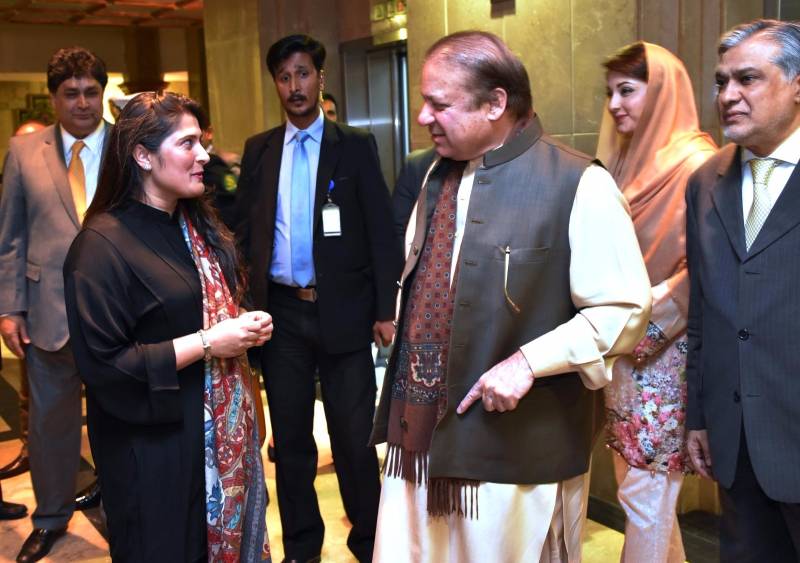On 9th March, an article appeared in the Washington Post titled 'Pakistan’s prime minister is defying the clerics - very carefully'. The article outlined the moves made by the PML-N government to make the country more “liberal”: lifting the ban on YouTube, attempts to end child marriage, women’s rights protection bill and the hanging of Mumtaz Qadri.
The central idea, was that the Sharif government is pursuing this path in order to present Pakistan as a more liberal nation, to further the government’s economic agenda in general and the deal with China in particular. Since the article was published, the parliament has also adopted a resolution to declare public holidays on Holi, Diwali and Easter.
Are we well on our way to becoming a more ‘liberal’ nation? The optics are very impressive but the reality is a little different; policies that stick and deliver meaningful results in the long run require a more comprehensive approach, targeting the root of the problem. It's a little premature to conjecture that these steps alone will change the cultural landscape and metamorphose Pakistan into a ‘liberal’ nation overnight. The only group that believes this are the clerics in the country, hence the ensuing uproar over the aforementioned policies of the PML-N government.
The threats of agitation, by the religious right, following the Punjab government’s Women Protection Act is one example that change in attitudes will require more time and effort. These laws will not be able to achieve much if the customs of the society do not allow women to seek protection through them, and customs don't change overnight. The problem is not just the lack of laws but the cultural acceptability of violence against women, and that is what we need to fight. There is also a need for a strong legal institutional framework to support these law because it is easier to find loopholes in the system if there is widespread acceptability for an infringement. Real change will come through education; when the curriculum supports the ideas we want to propagate at the national policy level. Meaningful change will also follow efforts for economic empowerment of women and their increased presence in the legal justice system.
The hullabaloo that followed Sharmeen Obaid Chinoy’s recent Oscar winning documentary, A Girl in the River, is indicative of the fissures in our society regarding women’s rights. The documentary presents the story of a girl who survived an ‘honor killing’ and was eventually forced to forgive the perpetrators; her father and uncle. The most disturbing part was the helplessness and resignation in the girl’s eyes towards the end of the documentary. She had realized that taking the momentous step, and nearly losing her life for it, did not free her. Nothing had changed; the norms were the same and she was now bound by the limits set by her husband’s family. There are loopholes in our criminal justice system that allow for the murderers to get pardoned in the case of honor killings. More importantly, there is cultural acceptance for this behavior and that is what allows people to misuse the rules of Qisas and Diyat.
The hanging of Mumtaz Qadri is considered another monumental move towards shaping a more ‘liberal’ nation. Would the government have taken this step if Qadri had murdered an ordinary citizen, and not the Governor of Punjab? Or if the murdered person was from a religious minority group in the country? The level of choreography it required, and the response of religious leaders, is testament to the fact that we still have a long way to go. Real progress would be an amendment in the blasphemy law, ensuring that it would not be used to unjustly target religious minorities.
Announcing public holidays for Holi, Easter and Diwali is an auspicious move but it would not do anything to protect the minority groups from persecution. It would also not make their temples or churches safer. Nawaz Sharif’s real achievement would be to strengthen the legal and political institutions in the country, to ensure the prevalence of justice.
We have to mature as a society and learn that any move to protect basic human rights is not an infringement of our collective religiosity. If we truly were a religious nation, the minorities would not be subjugated and targeted. Religious men would not settle personal scores by misusing the provisions in the blasphemy laws, against their Hindu or Christian neighbors. Honorable men would not use the laws of Qisas and Diyat for premeditated murder. It's time to move beyond the optics; we can look ‘liberal’ to the world, but people living within the borders of Pakistan deserve real change.






